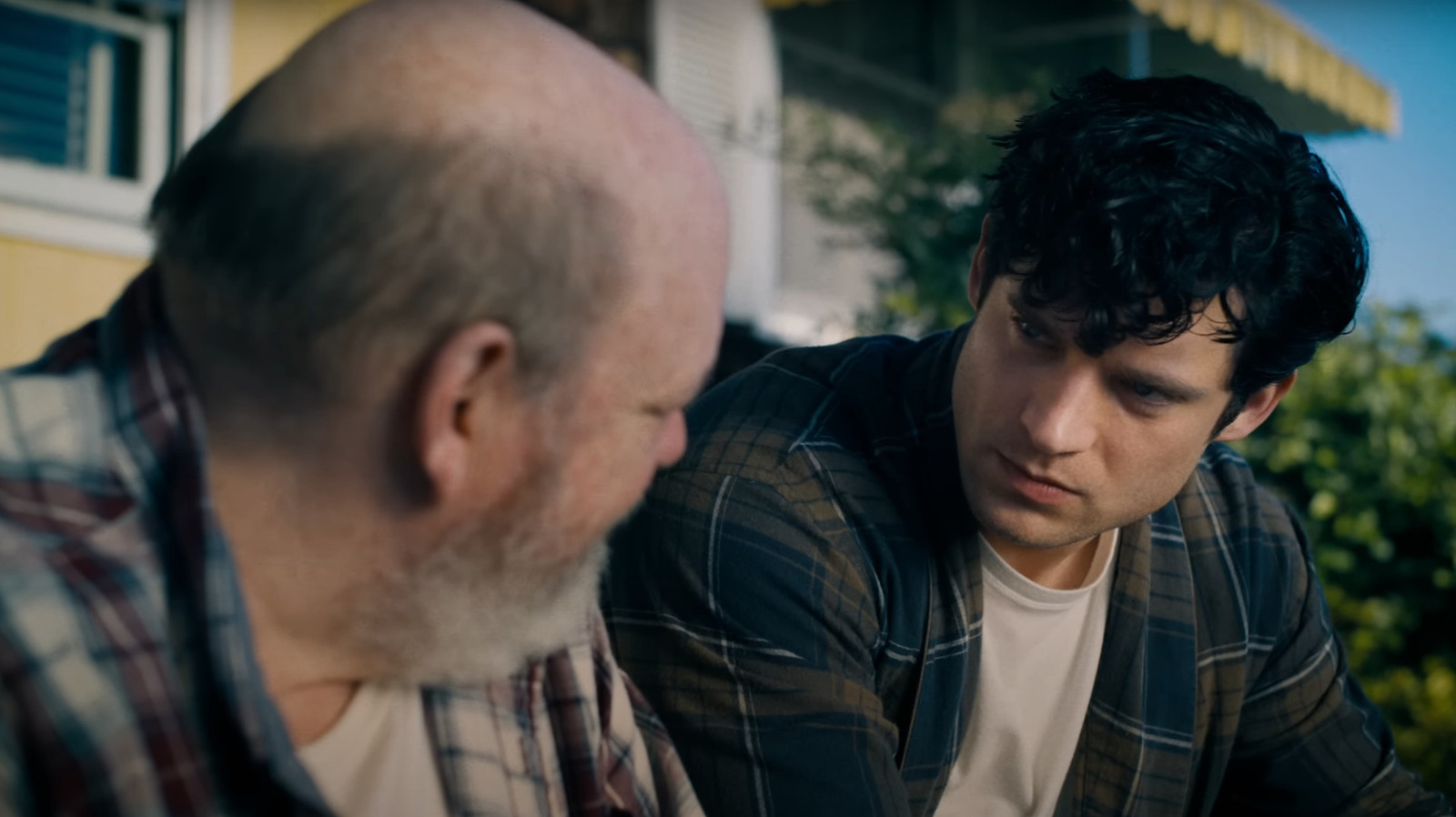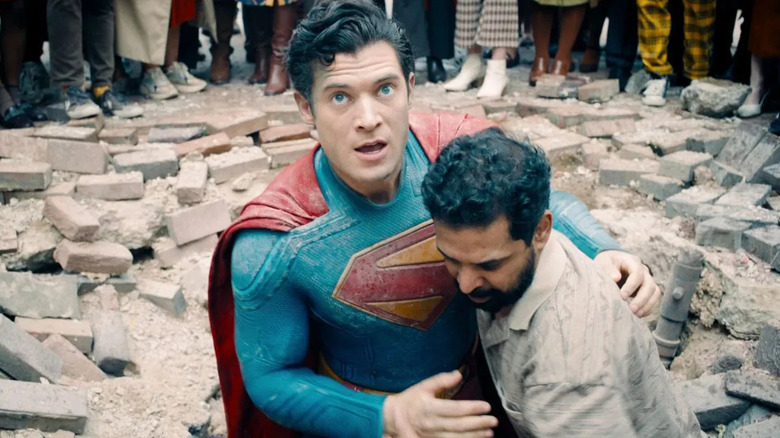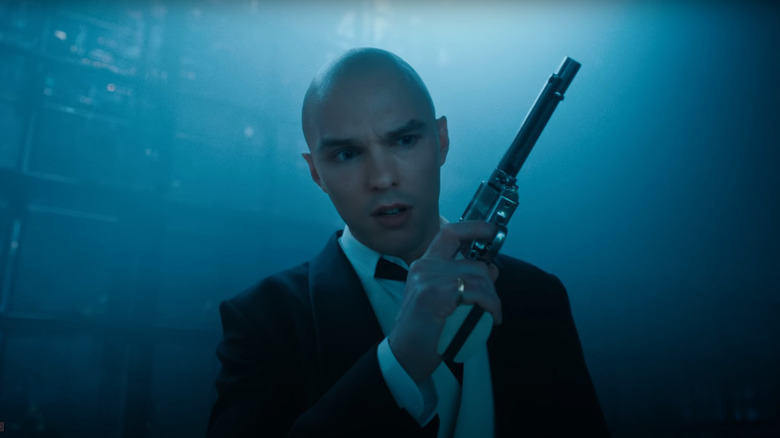“Superman” is currently soaring to impressive box office heights, now that it’s opened in theaters worldwide. The film, which is the first big-screen entry in the newly launched DC Universe, is a much-needed victory for the DC Comics brand in theaters, after a decade filled with a select few highs and constant lows. (You can read /FIlm’s “Superman” review here.)
The public’s perception of Superman as a character has become warped in the current century. Many have dismissed him as outdated and boring, hence Bryan Singer’s “Superman Returns” (starring Brandon Routh as Superman) failing to take off. On the other end, the deconstructionist, darker take on the character featured in Zack Snyder’s “Man of Steel” (starring Henry Cavill as the titular hero) for sure had its fans, but it alienated many folks with its boldly different interpretation of Kal-El. On top of that, one of the most common criticisms lobbied against Snyder and Cavill’s Superman is that he is represented as an unattainable, godlike figure whose abilities and service to humanity are depicted as more of a burden to him.
This brings us to Gunn’s “Superman” (starring David Corenswet as Kal-El), which seeks to restore the title character’s reputation by embracing his tenderhearted nature towards everyday people. Indeed, that particular character trait is best showcased in the film’s most devastating death.



